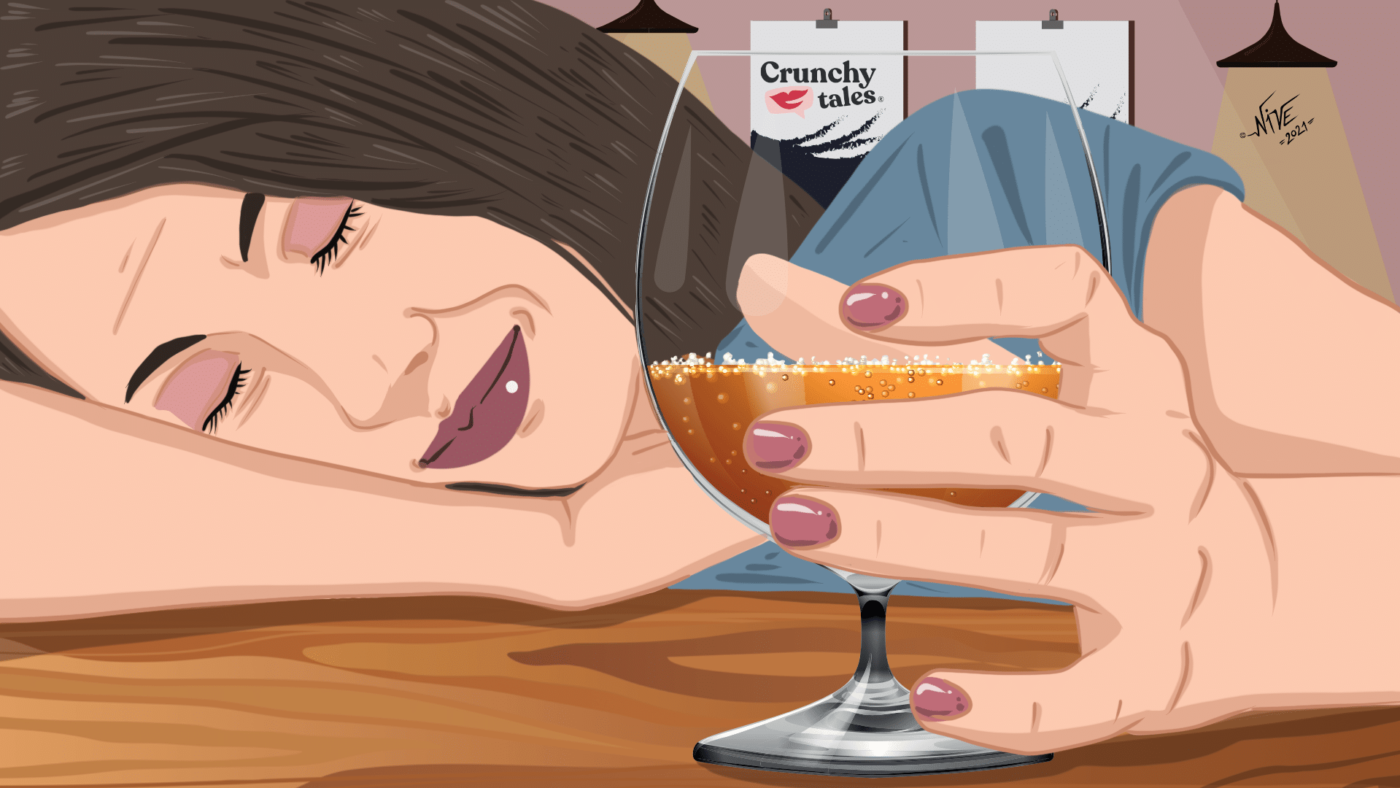Fancy A G&T? When Having Another Drink Is Not Just A Midlife Crisis
It’s not so uncommon for some people to unwind from a rough, stressful day by drinking alcohol. Maybe it’s a glass of wine, a stiff martini, or just cracking open a cold beer, but the idea is that a bit of booze might help you relax.
While there’s nothing wrong with the occasional drink, experts say that depending on it to lift your mood and to relieve stress can have an impact in multiple ways and doesn’t work in the long term.
How much alcohol is too much?
Alcohol use has worsened since the onset of COVID-19 with a greater increase in misuse among women than among men.
Now that things have started to normalize and the pandemic may be slowing down, some are having trouble decreasing the amount of alcohol they consume. Some cannot. In particular, women aged 50-70 are more likely than younger women to consume alcohol at levels that exceed low-risk drinking guidelines, and most think that’s just perfectly fine.
The Mayo Clinic, rated as one of the best hospitals in the USA, defines alcohol use disorder as “a pattern of alcohol use that involves problems controlling your drinking, being preoccupied with alcohol, continuing to use alcohol even when it causes problems, having to drink more to get the same effect, or having withdrawal symptoms when you rapidly decrease or stop drinking“.
Unhealthy alcohol habits may put your health or safety at risk, can cause other alcohol-related problems and also include binge drinking, “a pattern of drinking where a male consumes five or more drinks within two hours or a female downs at least four drinks within two hours“.
According to Mayo Clinic experts: “If your pattern of drinking results in repeated significant distress and problems functioning in your daily life, you likely have alcohol use disorder. It can range from mild to severe. However, even a mild disorder can escalate and lead to serious problems, so early treatment is important“.
Recovering from alcoholism
I am a woman in long term recovery from alcoholism. I started attending Alcoholics Anonymous in 2012 and it saved my life.
I had thought that AA was only for the bums living under the bridge, drinking from paper bags. I was mistaken. I saw many people I knew there, from all walks of life. I even saw priests. Alcoholism is not a moral failing. It is a disease.
I was afraid to admit I was an alcoholic. It is traditional in AA meetings to introduce yourself by the first name and to say “I am an alcoholic.” I choked on the words the first time I said them. But I am now turning my pain into a force for good by being open about my journey and helping others find help.
If you are not sure if you are an alcoholic, AA has a set of questions that may be instructive such as: “Have you ever tried to stop drinking and could not? Is your drinking causing trouble at home?” At that time, I could not deny the answers to these questions, and my then-husband gave me an ultimatum that I either go to AA or not to come home.
What I found in sobriety was a new way of living, authentic to me and my values. I had been drinking partially to anaesthetize myself from the traumas of my past. Alcohol only made my problems worse, of course. Until I could allow another trusted person to bear witness to my pain, I could not heal from my past. And feeling the pain seemed too hard. So I drank it away.
I had to change so much about my life when I got sober. I had to avoid people, places and things that were triggering, at least until my cravings dissipated, and I learned tools to deal with my issues.
I found in AA a guide to living. It is not religious, but spiritual. It is based on 12 steps, which basically include believing in something bigger than one’s self, examining one’s character defects, making amends when necessary and paying it forward to others. I think these steps should be part of every school’s curriculum.
I enjoy attending AA meetings in other countries, too. You can find them all over the world. During the pandemic’s quarantine, for instance, I took part in Zoom calls in Europe as well as the US. It is an instant community of supportive, encouraging, non-judgmental people, wherever I go. I can pick up the phone or go online to get support any time, day or night. My sober sisters have become among my closest friends, and we lean on each other when life throws us curveballs. I now know how to handle situations that used to make me want to drink. All of my relationships have improved, as I learn to take responsibility for what I can control and to leave alone that which I cannot control. I even returned to practising law.
There are, of course, other ways to get sober. You can find help and guidance from Tempest (a digital recovery program clinically proven to help you stop drinking) and Y12SR – a holistic rehabilitation that “connects the dots” between the ancient wisdom of yoga, the practical tools of 12-step programs, and the latest research on trauma healing and neurobiology.
I sometimes attend the Buddhist-oriented Refuge Recovery meetings. Going to rehab is also part of my story.
The bottom line is that you do not have to suffer alone. And you can check out recovery meetings even if you are unsure of whether you need them. This is especially easy now that so many are online. It is recommended that you go to six meetings before you decide. I feel more comfortable in women’s meetings, for example.
As Oprah Winfrey once said, “Courage is feeling the fear and doing it anyway.” But you do not have to do it alone. There is help.
Like this article? Sign up to our newsletter to get more articles like this delivered straight to your inbox.






